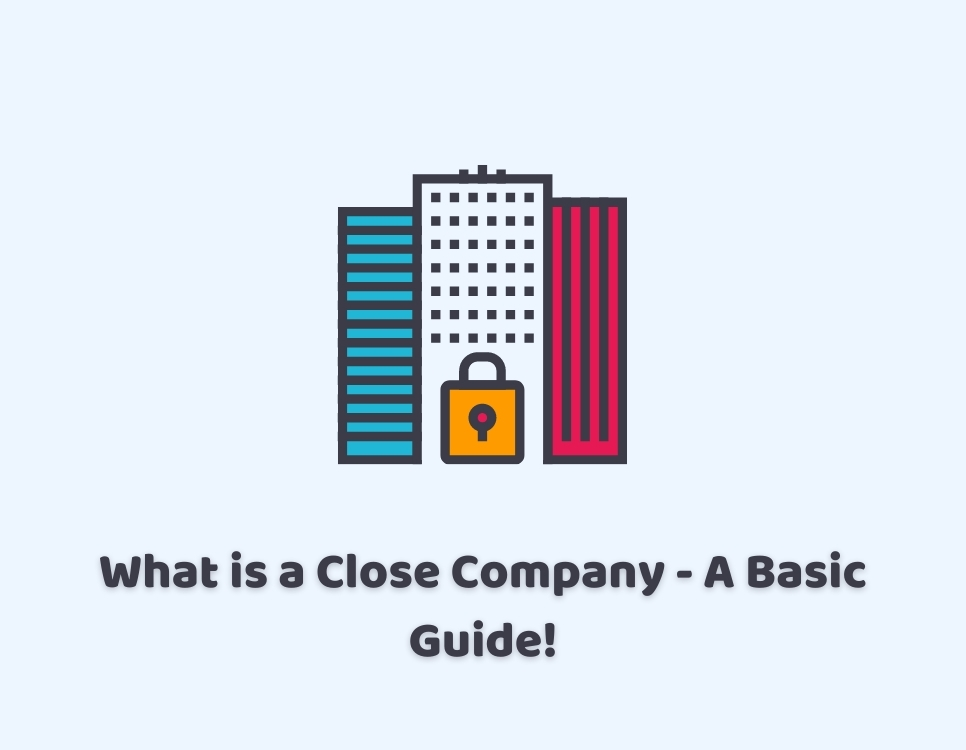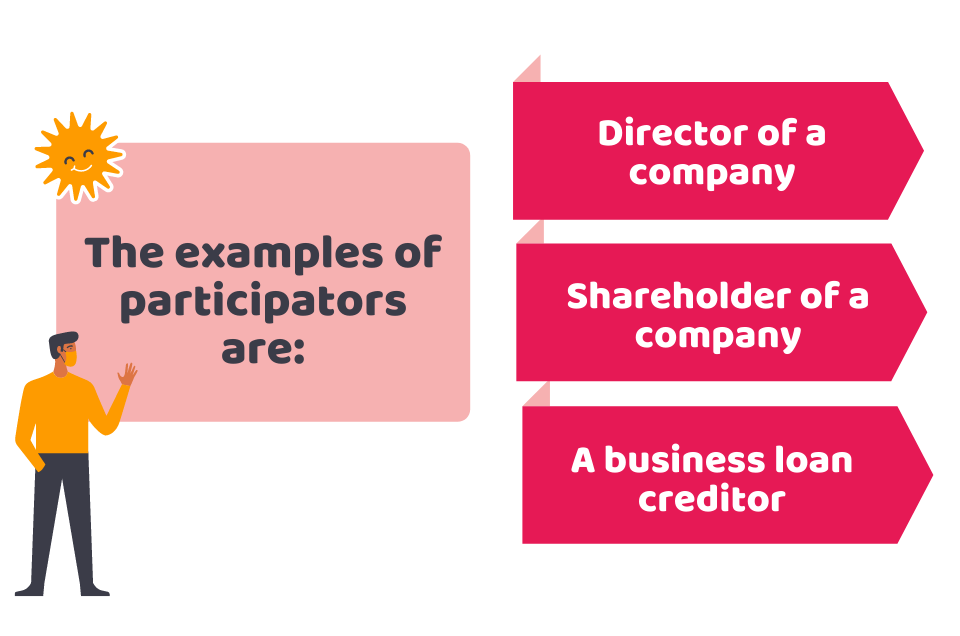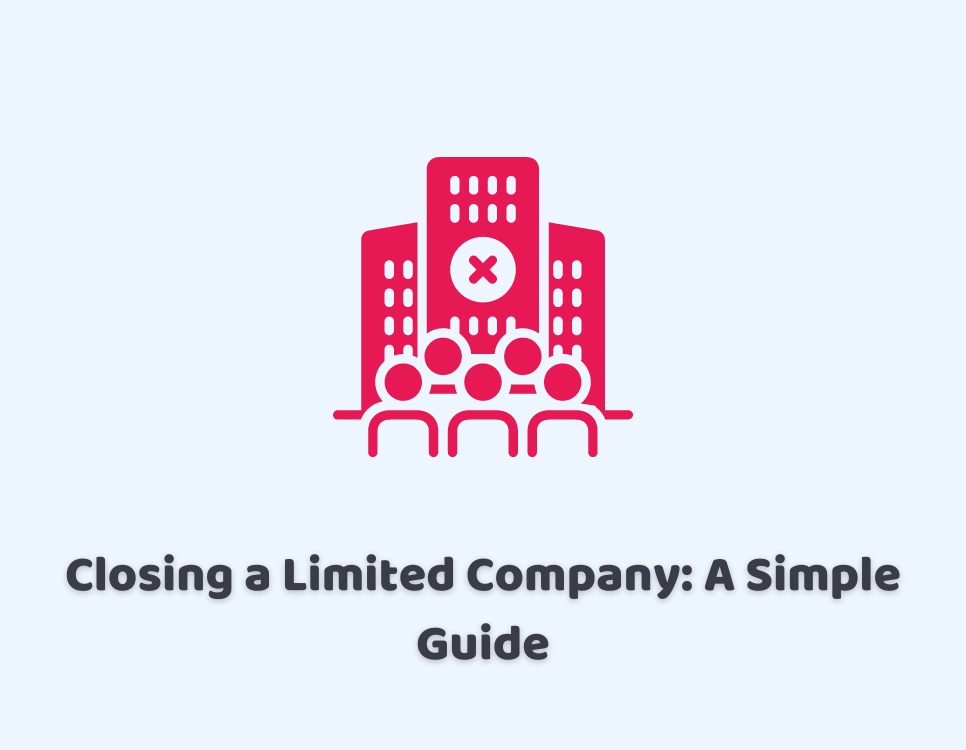
20/10/2021Business , Limited Company
Within the United Kingdom, the term close company is totally different from closing the company, and it solely impacts private limited corporations. This term does not affect LLP or sole traders. A close company consists of participators that are less than or equal to five. Therefore, to know more about what is a close company and participators, read this blog till the end.
Looking for expert advice, get in touch with our Limited Company Accountants now!
What is a Close Company?
It is a private limited company that is privately possessed & controlled by participators that are less than or equal to five. Many small companies within the United Kingdom are close companies because they generally have one or two participators.
What Are Participators?
It is a person who has a financial interest in the private limited company in terms of:
- Rights to the capital on winding up or closing the company.
- Share capital of the company.
- Voting rights in the meetings.
The examples of participators are as follows:

- Director of a company
- Shareholder of a company
- A business loan creditor.
Where a Company Can Not Be Close
HM Revenue & Customs has specified rules where a company can not be classified as a close company. The rules are as follows:
- The company is controlled by one or more open companies under any of the control tests (CTM60210 to CTM60250).
- The company can not be termed a close company under the winding-up test in CTM60320 or control test in (CTM60210 to CTM60250) unless it includes an open company in the group of participators that are equal to or less than five.
- Only the control test in ICTA88/S416 (2)(c), can show that the company is close.
- Under the control test, the company would not be classified as a close company in case the reference to participators in Section 416(2)(c) does not include the business loan creditors that are open companies.
Publicly Traded Vs. Closed Companies
The close companies get less attention as compared to the publicly traded companies. The publicly traded companies grasp more attention due to their listed status & reporting requirements, e.g., annual reports. Whereas close companies do not have many burdens of reporting, that is why they have less obligation to transparency. They do not have to publish their financial statements.
Corporation Tax Rules for Close Companies
Whenever it comes to corporation tax, many close companies can benefit from the starting rates or small businesses. But if it is a close investment company, you have to pay the full amount of corporation tax regardless of your profit levels.
Are you tired of taxation problems? Then, let us handle it!
The Bottom Line:
Now that you know what is a close company, we can sum up the discussion by saying that close companies and closing a company are two different terms, Do not consider them the same. Close companies are the companies that are owned and run by five or less than five participators. However, before considering yourself a close company, read the rules as mentioned above carefully, laid down by HMRC, or consult a professional regarding this.
We’ve charted accountants in Corydon that specialize in offering affordable accounting and taxation services for private limited companies (including close companies), property owners, and self-employed professionals. Get in touch with us today!
Disclaimer: This article intends to provide general information based on a close company.


